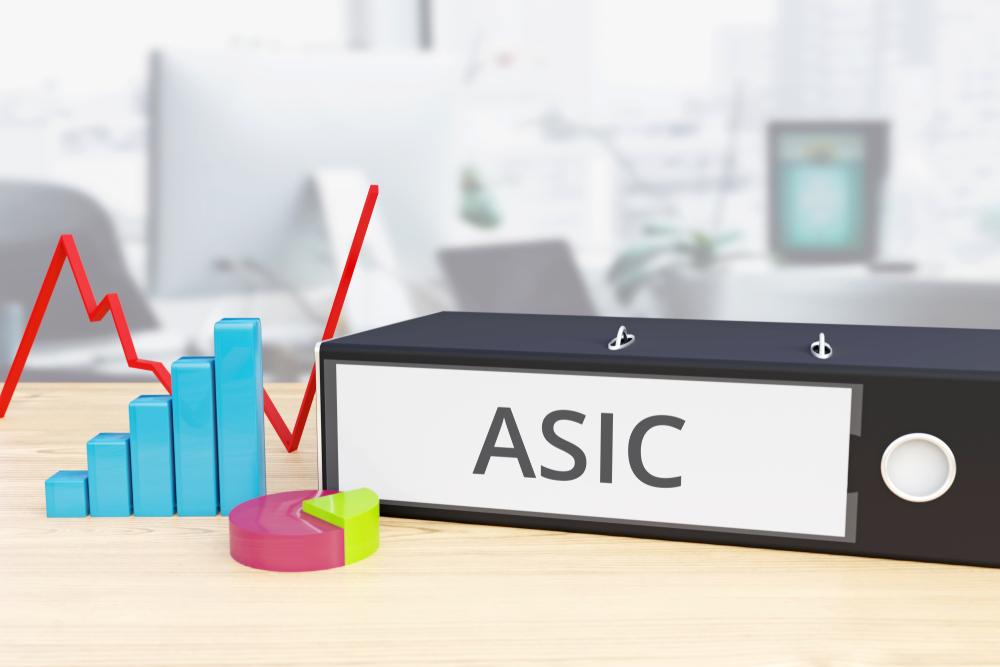The tax impact of a business sale, merger or acquisition takes on many forms. The capital gains tax exemption offered by a scrip for scrip rollover is a key mechanism discussed by savvy Perth tax accountants among their clients.
A “scrip for scrip rollover” is common when another company acquires a business during a merger and acquisition process. Instead of getting cash for the sale of your business, you receive shares in the acquiring company. These shares effectively replace the money you would have otherwise earned from the sale.
This process is essentially a direct exchange of shares for cash between two companies. Moreover, the scrip for scrip rollover is a strategy to provide relief from Capital Gains Tax (CGT). You or your Self-Managed Super Fund (SMSF) can avoid the capital gains typically associated with selling your business by receiving shares instead of cash.
How does the scrip for scrip rollover work?
When you sell your business and opt for shares instead of cash, you become eligible for the “scrip for scrip rollover.” The new shares you acquire assume the original cost basis of your old business’s shares, which they replace.
So when working with your Perth tax accountant, they ensure that your calculations continue to use the cost of the initial shares to evaluate any capital gains.
Since you’re not getting cash, this method allows you to postpone recognizing capital gains, and you might also be eligible for the 50% Capital Gains Tax (CGT) discount.
A scrip for scrip rollover allows business sellers to avoid capital gains tax from the sale and maintain some ownership stake.
This rollover can occur in two distinct scenarios: one involving company and the other involving trusts.
Scrip for scrip rollover with companies
To enjoy scrip for scrip rollover relief the following guidelines are needed:
- A company may be eligible for a scrip for scrip rollover if its shareholders with voting rights can retain their shares under identical conditions.
- The acquiring company must adhere to the stipulations of the Corporations Act 2001, ensuring no violations occur.
- The acquired company should implement a scheme of arrangement, compliant with both the Corporations Act and court approvals.
For Trusts
The process for trusts undergoing a scrip-for-scrip rollover is broadly similar. All trust beneficiaries with a voting interest can participate in the business acquisition. The acquisition process must also conform to the company secretarial requirements of the Corporations Act 2001.
The primary distinction lies in the structural differences between companies and trusts, and the extent of control and involvement trust beneficiaries have in the company.
Who can enjoy scrip for scrip rollover?
If you’re a business owner and decide to sell your business in exchange for shares in the buying company, or a mix of cash and shares, you might qualify for a scrip for scrip rollover.
You must be an Australian tax resident to be eligible. However, if the acquiring company is an Australian entity, you become eligible even if you’re not an Australian tax resident.
Who won’t enjoy the CGT scrip for scrip rollover relief?
You cannot enjoy the capital gains tax exemption from scrip for scrip rollover if:
- If your business was established or acquired before 20 September 1985. This is the date when Capital Gains Tax (CGT) was implemented.
- You are receiving cash for any part of your business. Cash proceeds on sale will disqualify that portion from the scrip for scrip rollover. This breaks the fundamental principle of the relief, which requires a direct exchange of shares for shares, not cash.
- The capital gain from the newly acquired shares is already exempt from taxation.
- If the acquiring business is not based in Australia.
- The acquiring business does not acquire at least 80% of the selling entity.
- If the offer to all shareholders is not the same.
- When another type of rollover is applicable, such as a company rollover.
Deferring capital gains tax using scrip for scrip rollover
Scrip for scrip rollover provides a tax-effective way to defer and subsequently manage any CGT.
It allows you to defer any capital gain made in the sale of your business until the time you decide to sell the shares. Then, your new shares are judged on the cost base of the original business shares, and the original shares’ ownership period is included.
When selling, based on this timeframe, you could potentially apply the 50% CGT discount when you sell the shares. Often your Perth tax accountants will raise how The 50% CGT discount is an essential tax concession and important aid in understanding capital gains and taxes.
Why use a CGT scrip for scrip rollover relief?
The scrip for scrip rollover comes with several significant advantages, primarily related to Capital Gains Tax (CGT) concessions:
- As a business owner, you can exclude any capital gains arising from the sale of your business.
- The ownership period of your previous business is considered in the new shares. This period counts towards 12 months needed for the 50% CGT discount.
- You can delay the capital gain until you sell the new shares and bring that gain into cash. Plus, the capital gain is calculated based on the cost base of your original business’s share price.
Restructuring with a scrip for scrip tax rollover
A common issue is when the original shareholder wants to register the new shares under a different entity, like a nominee company. This is often done to reorganise their investment structure during the business sale. However, this method conflicts with the condition in section 124-780(1)(a), which requires that the original shareholder must be the one to acquire the replacement shares. So, if the shareholder registers the replacement shares under a name other than their own, they lose eligibility for the scrip for scrip rollover. Getting advice from your tax accountant in Perth or over east often mitigates this risk.
It’s important to note that Subdivision 124-M doesn’t limit the rollover to individuals; it can also apply to shares owned by a company during the rollover.
When an individual shareholder wishes to improve their investment holding structure due to a takeover, a possible solution is to initially use the scrip for scrip rollover to receive the replacement shares in their name. Subsequently, they can transfer these shares to the intended company and utilize the rollover concession under Subdivision 122-A, provided all its conditions, like the company being wholly owned, are met.
There’s an additional risk in these dual rollover strategies and getting tax structuring advice by your Perth tax accountant is important. Reports suggest that the Commissioner might apply Part IVA to such transactions. While no cases have been fully adjudicated (in the AAT or court) as of this writing, clients considering these arrangements should be aware of this potential risk.
Getting ready for scrip for scrip tax rollover
Shareholders gain considerable advantages when a startup becomes ‘exit-ready.’ Essentially, this involves positioning the company as an appealing acquisition target. Typically aided by legal advisors and tax accountants in Perth, potential buyers will rigorously scrutinise the startup to uncover any hidden issues in tax, business operations, and legal matters.
This scrutiny is a regular aspect of the due diligence process. Any unresolved tax issues will likely come to light during negotiation, potentially hindering the deal or leading to modifications that decrease the value received by shareholders.
Addressing these historical tax problems often doesn’t have a quick solution. So, in our work with startups and scaleups as a tax accountant in Perth and Melbourne, we approach the exit strategy as a lengthy process. We recommend implementing best practices early on to maximise shareholder value by proactively addressing potential tax issues. This proactive tax approach includes:
- Strategically divesting non-essential businesses or assets tax-efficiently enhances the chances of a buyer acquiring the entire startup company rather than just its assets.
- Crafting employee share schemes that support, rather than obstruct, a successful exit (refer to these tips for guidance).
- Reducing the risks associated with classifying individuals as employees versus contractors.
- Conducting thorough payroll tax compliance reviews, such as verifying if Employee Share Ownership Plans (ESOP) are correctly reported in payroll tax filings.
- Gaining a clear understanding of international digital tax and sales tax responsibilities.
- Complying with the Research and Development (R&D) Tax Incentive requirements, particularly maintaining the documentation prescribed by the Australian Taxation Office (ATO).
Final word
The tax benefits of a scrip for scrip rollover are significant and allow for many owners to sell their business and retain a strategic stake in a newer, larger enterprise. However, the scrip for scrip tax rollover provisions are proscriptive, and in the heat of contract negotiations, legal drafting of the contract can result in the tax benefits under the CGT regime becoming voided.
Getting a specialist tax advisory firm like Westcourt to assist you in your long-term tax planning and M&A transactions is essential. Our independent approach to tax advice, coupled with our proven level of tax technical excellence and deep global networks makes us the natural choice for M&A advice – so why not give us a call?






